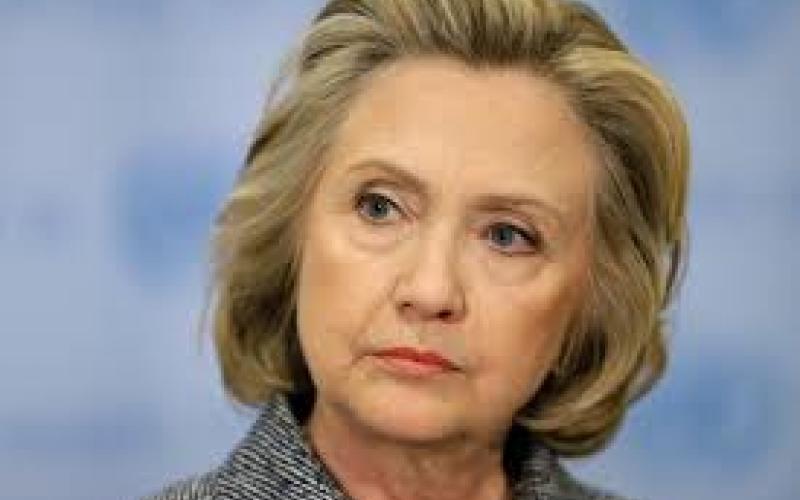
International media attention is focused this week on the visit of the US Secretary of State, Hilary Clinton, to seven countries in Africa. But what is the significance of Clinton’s visit? Does it really hold out hope for Africa? There are three dimensions to this visit: AGOA, oil and natural resource exploitation, and security. And in each case, it is US corporate interests, not the interests of Africans, that are being pushed, argues Firoze Manji from Pambazuka News.
International media attention is focused this week on the visit of the US Secretary of State, Hilary Clinton, to seven countries in Africa. Judging by the behaviour of representatives of many African governments, there are great expectations that this visit – following so closely after President Obama’s two earlier visits to Egypt and Ghana – holds out vast hope for Africa.
But what is the significance of Clinton’s visit? Does it really hold out hope for Africa? There are three dimensions to this visit: The African Growth and Opportunity Act (AGOA); oil and natural resource exploitation; and security.
In all three dimensions, the focus is on providing guarantees for US corporate interests. As Steve Ouma Akoth explains in this issue of Pambazuka News, despite its name as the AFRICAN Growth and Opportunity Act, the principle beneficiaries of what is exclusively a US government act are American corporations who will gain from the exploitation of cheap African labour. Yes, the latter will get ‘jobs’, but pitifully paid jobs. And in an environment where there is little choice, African workers are forced to accept that being exploited is a better option than not being exploited by American corporate interests.
With China, India, Brazil, Saudi Arabia, Russia and other emerging powers competing for access to Africa’s natural resources, including oil, there is little doubt that the US belligerence during the era of the Bush junta has potentially created conditions favourable to the new players. Clinton’s visit is directly related to seeking to protect and advance American corporate interests in oil and natural resource exploitation in Africa. Angola provides some 7 per cent of US oil imports, closely followed by Nigeria, both countries being part of Clinton’s itinerary. Cosying up to South Africa – both because of its wealth and because it has become a serious economic power in the rest of the continent – is hardly surprising.
And that brings us to the third dimension. This visit is also about negotiating for AFRICOM to have greater presence in Africa. It is hardly a coincidence that just as Clinton begins her junket, so AFRICOM announces its MEDFLAG initiative in Swaziland. As Thomas Friedman once put it: 'The hidden hand of the market will never work without a hidden fist. McDonald’s cannot flourish without McDonnell Douglas … And the hidden fist that keeps the world safe for Silicon Valley’s technologies to flourish is called the US Army, Air Force, Navy, and Marine Corps.'
And once again, something that is entirely a US creation is marketed as something putatively African: ‘African Command’ does not mean Africans in command, just as the African Growth and Opportunity Act is not about growth and opportunity for Africa, but rather for US corporations. Security is high on the agenda. But it is the security of US corporate interests that is at the heart of Clinton’s agenda, not human security, the security of ordinary people to thrive, to be secure that their children will be safe from impoverishment, secure in the knowledge that they will be able to work; and working, to transform their world to serve the interests of humanity, not the narrow interests of a minority in the North.
BROUGHT TO YOU BY PAMBAZUKA NEWS
* Firoze Manji is editor in chief of Pambazuka News.
* Please send comments to [email protected] or comment online at Pambazuka News.
- Log in to post comments
- 3184 reads


































